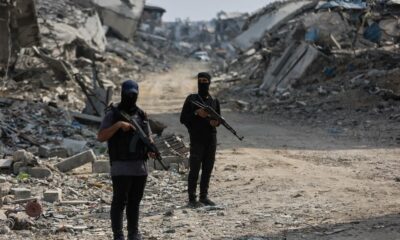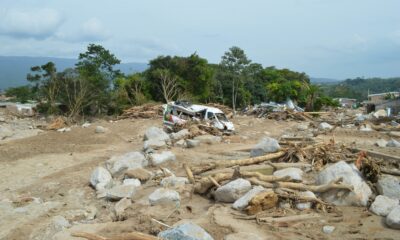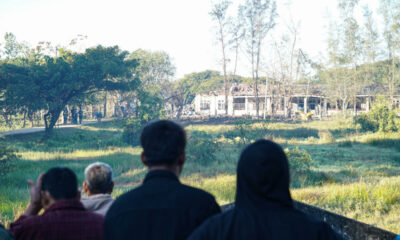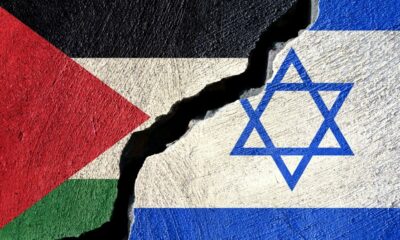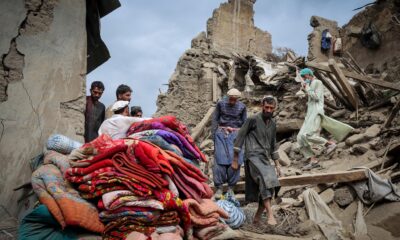News
Israel’s Plan to Seize Gaza City Sparks Global Alarm Over Humanitarian Fallout
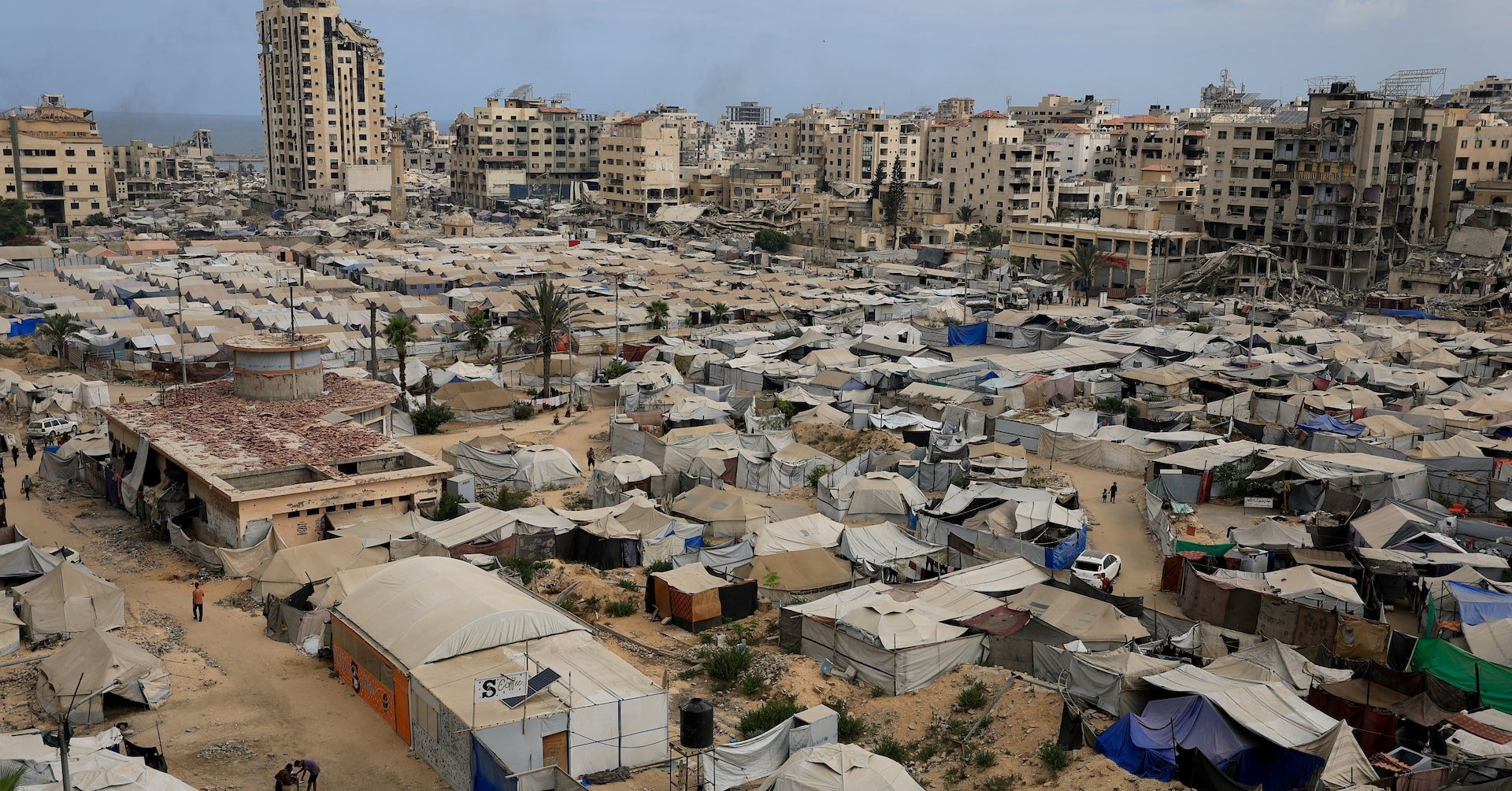
UN warns of “another calamity” while Netanyahu calls it “the best way to end the war”
As the world watches with bated breath, Israel’s recently approved plan to take control of Gaza City has sparked a fierce international backlash, with warnings from the United Nations and several European countries about the devastating consequences that could ripple far beyond the embattled enclave.
UN Assistant Secretary Miroslav Jenca addressed the Security Council on Sunday with a grim message: implementing the plan risks unleashing “another calamity” in Gaza, one that will exacerbate an already dire humanitarian crisis with forced displacement, loss of life, and destruction reverberating across the region.
On the other side, Israeli Prime Minister Benjamin Netanyahu remains resolute, insisting the plan is “the best way to end the war” quickly and decisively. His security cabinet greenlighted the offensive last Friday, setting the stage for what could be a major and contentious military operation.
A humanitarian catastrophe in the making?
The concerns voiced by UN officials are echoed by Spain and seven other European nations—including Ireland, Norway, and Portugal, which jointly condemned Israel’s plans, warning that it could lead to “an unacceptably high number of fatalities” and forcibly displace nearly a million Palestinians.
These foreign ministers stressed that the offensive will “only aggravate the humanitarian crisis and further endanger the lives of the remaining hostages.” Their statement was an urgent call for restraint and underscored the grave risks to innocent civilians trapped in the densely populated city.
The wider implications for peace
Beyond the immediate humanitarian toll, the international community fears this operation will severely undermine efforts toward a two-state solution, a goal many see as the only viable path to lasting peace in the region. The joint statement explicitly named the planned occupation as a “major obstacle” to achieving a comprehensive, just, and enduring peace agreement.
This highlights the fraught tension between military strategy and diplomatic aspirations. While Israel views the operation as essential to ending hostilities and securing hostages, many allies and observers worry it could harden divisions and entrench the cycle of violence.
Domestic and regional reactions
Within Israel, reports suggest some dissent among military leaders, though Netanyahu’s government remains firm on the decision. For Palestinians in Gaza, the prospect of a large-scale incursion has only deepened fears of displacement and devastation.
Social media across the world has reflected this divide, some voices rally behind Israel’s right to defend itself and secure hostages, while many others express anguish and outrage over the potential humanitarian fallout. South Africans and others familiar with protracted conflicts have drawn parallels with their own histories, voicing the urgent need for dialogue over further bloodshed.
A critical juncture
The coming days will be pivotal. With regional stability hanging in the balance, calls for a negotiated ceasefire and increased humanitarian aid continue to mount. The international community faces the challenge of balancing legitimate security concerns with the imperative to protect civilian lives and advance peace.
As Netanyahu pushes forward, the world watches closely, hoping that the pursuit of swift military victory does not come at the expense of Gaza’s people or the fragile hopes for peace in the Middle East.
{Source: The Citizen}
Follow Joburg ETC on Facebook, Twitter , TikTok and Instagram
For more News in Johannesburg, visit joburgetc.com

